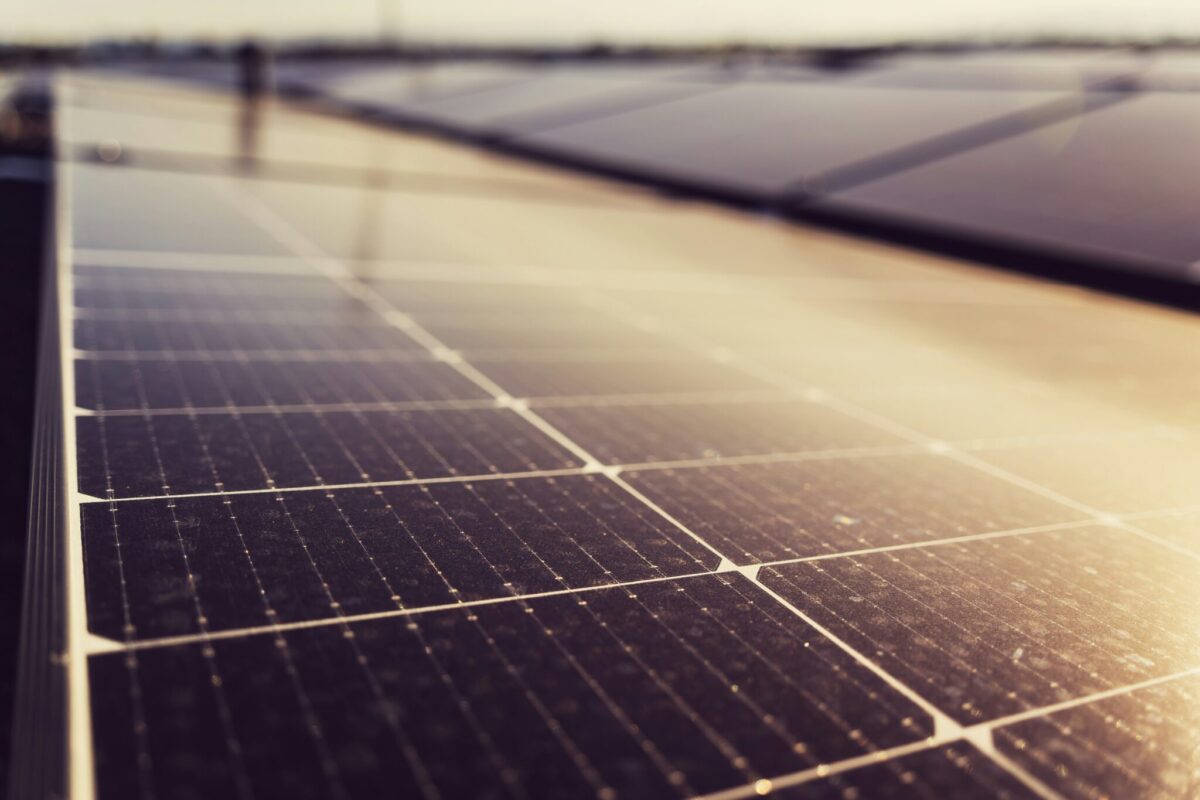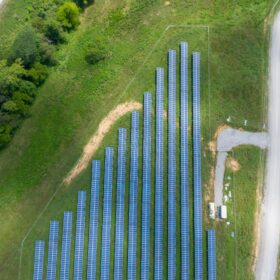The governments of Mexico, Malaysia, and Turkey, along with the Solar Energy Industries Association (SEIA), NextEra Energy Resources, REC Americas, and others, are chiming in to have a say in the recently reignited debate over extending import tariffs for solar equipment destined to U.S. markets.
In a filing earlier in August, the SEIA, the American Clean Power Association, NextEra Energy, and REC Americas said they opposed extending the safeguard measures. They urged the U.S. International Trade Commission (ITC) to reject a handful of petitions asking the body to extend the provisions beyond their current expiration date of February 2022.
The filing challenged petitions from Suniva, Auxin Solar, Hanwha Q CELLS USA, LG Electronics USA, and Mission Solar Energy seeking to have the tariff safeguards extended. The SEIA-led group challenged the claim that the five companies represented the views of the domestic U.S. solar industry. The group also pointed out that Suniva filed for Chapter 11 bankruptcy protection in 2017 and is currently not operating any production.

Image: Pixabay
The request to reject the petitions also said that Auxin Solar does not produce cells, only modules, in a San Jose, California facility that has an annual production capacity of 150 MW.
“Extending this safeguard is essential for America to reclaim its lead in solar energy manufacturing and development, and it represents a critical step to achieve the broader goal of American renewable energy independence,” said Mamun Rashid, co-founder and chief executive officer at Auxin Solar at the time his company asked for the extension. Rashid said that Auxin “is committed to re-shoring the solar supply chain” and filed the petition hoping that policymakers are “committed to the promise of green energy independence and the good-paying manufacturing jobs that will result.”
Auxin said that its extension petition would prompt the ITC to determine whether the safeguard remedy continues to be necessary and whether evidence exists that the industry is making a positive adjustment to import competition. The ITC is expected to report its determination to President Biden by December 8.
Standing challenged
The SEIA-led filing asking that the petitions be thrown out said that Suniva has not produced CSPV cells in the U.S. since early 2017, and Auxin Solar has only ever assembled modules in the United States. As a result, the filing said that neither petitioner can file on behalf of the domestic industry with regard to cells “because they are not domestic producers of cells and are not currently members of the domestic cell industry.”

Image: Pixabay
In addition, the filing said that Hanwha is a wholly owned unit of Hanwha Chemical Corp. in Korea, and that the firm originally opposed the safeguard measure. In September 2019—around 18 months after the safeguard action was imposed—Hanwha opened a 1.7 GW module production facility in Dalton, Georgia. It imports CSPV cells for assembly into modules and is related to U.S. importers and leading foreign producers in China, Korea, and Malaysia.
The SEIA-led request said that like Hanwha, LGEUSA originally opposed the safeguard measure, but in February 2019 commercial production in a new module facility in Huntsville, Alabama with an annual production capacity of 500 MW. LGEUSA imports CSPV cells and modules from Korea. And the filing said that Mission Solar is a unit of Korea-based OCI Ltd.
The filing said that with respect to modules, Hanwha and LGEUSA began domestic production of CSPV modules in 2019, “in the middle of the safeguard period.” It said the companies opposed the original petition and “continued to import significant quantities of cells to feed their domestic module production.” As a result, it said that Hanwha and LGEUSA are not eligible to file a petition on behalf of the industry because they were not part of the domestic module industry at the time of the original investigation.
Turning to Mission Solar, the filing said that company has the capacity to produce around 200 MW of modules in the United States per year. Based on 2,021 MW of total domestic module capacity, Mission Solar represents roughly 9.9% of total domestic module capacity. In context of the market, the filing said that Mission Solar represents at most around 1.0% of the 19.2 GW of total U.S. solar installations in 2020. “This is not adequate to establish standing, especially given the fact that domestic module producers disagree on the safeguard measure.”
This content is protected by copyright and may not be reused. If you want to cooperate with us and would like to reuse some of our content, please contact: editors@pv-magazine.com.









It is comforting to know that our government will help billionaires avoid becoming a millionaires through indirect taxes that raise my prices. Don’t worry about becoming better at what you do, just penalize those that are better to create an even playing field.